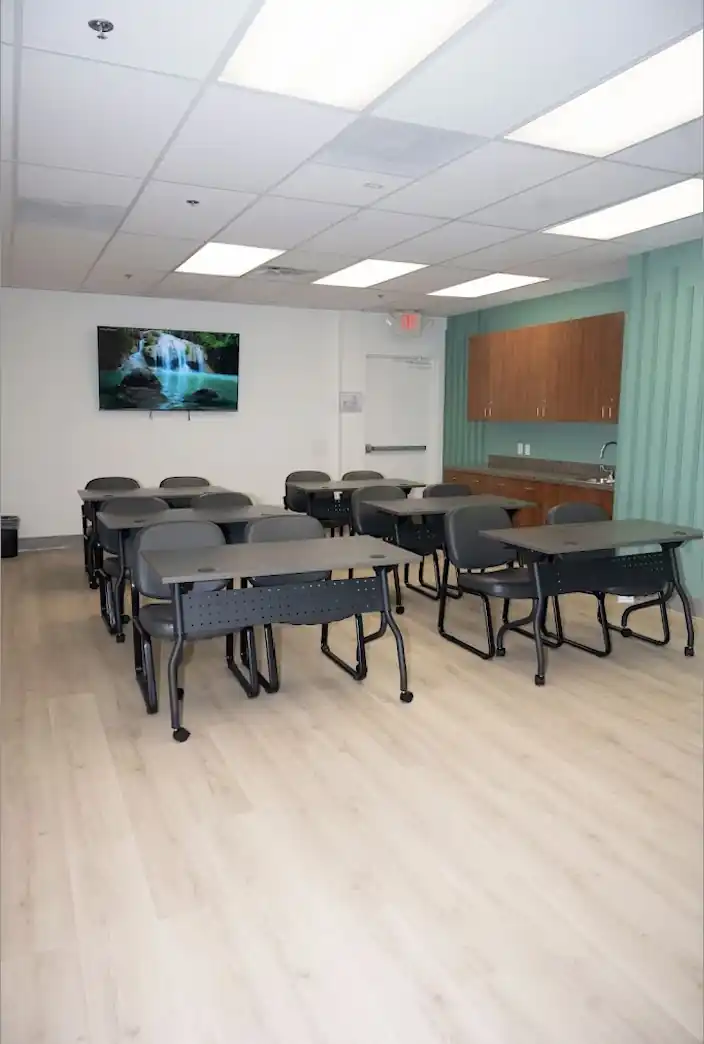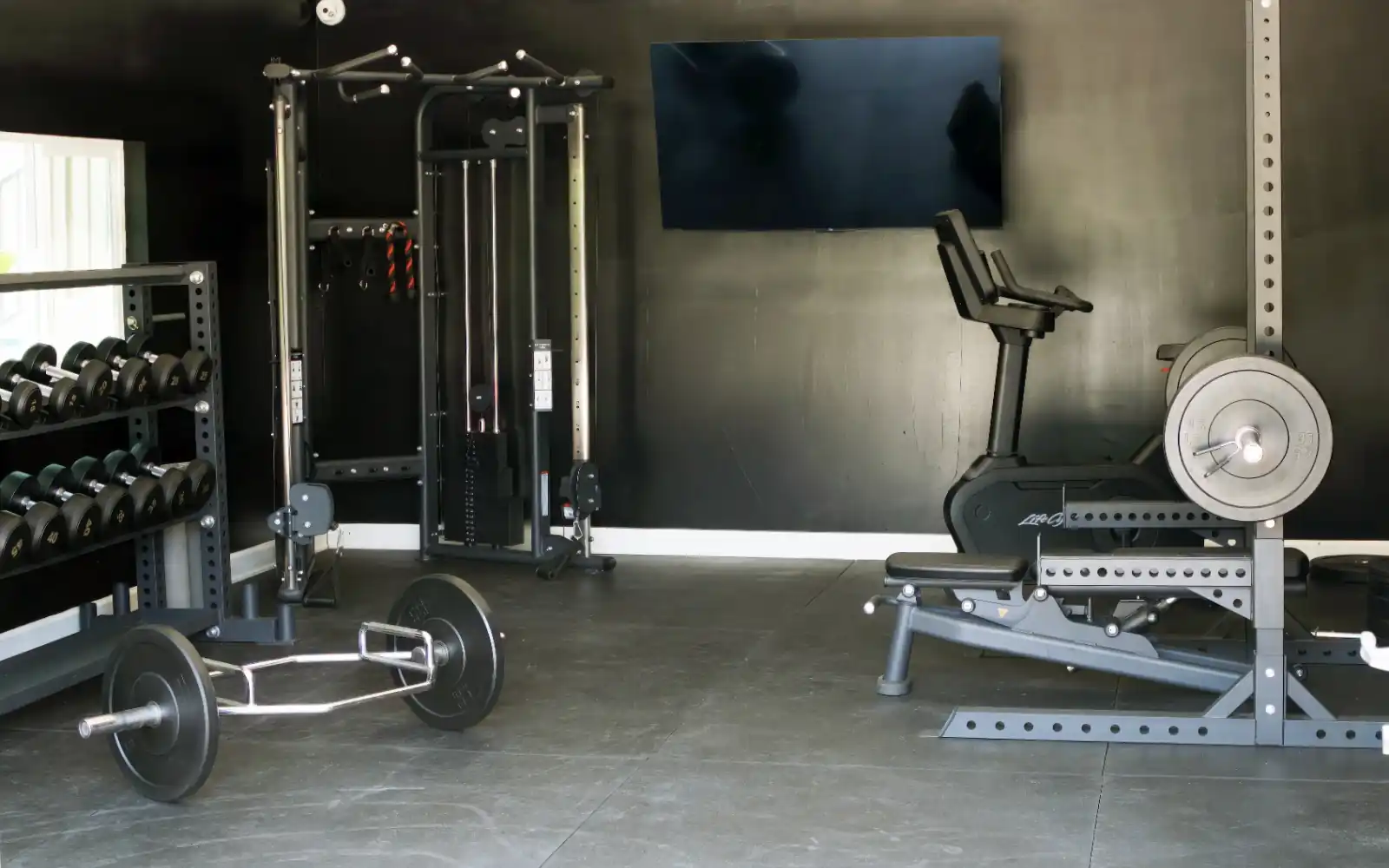Medication Overuse & Iatrogenic Addiction
“You were following the doctor’s orders. Now you’re afraid to stop.”
For many people, addiction doesn’t start with a party or a poor choice—it starts with a prescription. Maybe it was pain after surgery, anxiety before bed, or sleep that felt impossible without help. Over time, the medication that once brought relief may have turned into something that feels impossible to live without.
At TruPaths, we understand how medication overuse happens—not with malice, but with confusion, fear, and a deep desire to feel okay. You are not broken, and you are not alone. We’re here to help you find recovery with compassion—not shame.








